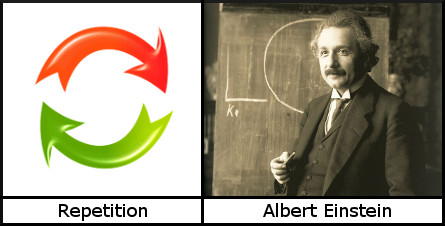Walt Kelly? Don Mitchell? Fred W. Bewley? Leon Shimkin? A. C. Monteith? W. Willard Wirtz? Hubert Humphrey? Howard J. Samuels? George H. W. Bush? W. C. Fields? Apocryphal?
Question for Quote Investigator: Walt Kelly authored the magnificent comic strip “Pogo” featuring hilarious wordplay. He has been credited with the following oxymoronic phrase:
Our problem is an insurmountable opportunity.
I have been unable to find a solid citation, and now I am unsure about this ascription. Would you please help?
Reply from Quote Investigator: QI has not found this saying in Walt Kelly’s oeuvre, and based on current evidence QI would not credit Kelly. However, the comic strip text has not been fully digitized, and this judgment is not definitive.
The earliest match for this joke located by QI appeared in the proceedings of a conference on advertising in 1956. Don Mitchell of the Creative Education Foundation in Buffalo, New York delivered the line while conversing with a staff member of the General Electric Company. Emphasis added to excerpts by QI:1
Mr. Mitchell: Thank you, Ed, very much. You talked about GE having opportunities. I think we ought to tell the folks that GE call their problems opportunities, but there are quite a few people who feel there are some insurmountable opportunities around.
Below are additional selected citations in chronological order.
Continue reading “Quote Origin: We Are Confronted by an Insurmountable Opportunity”
